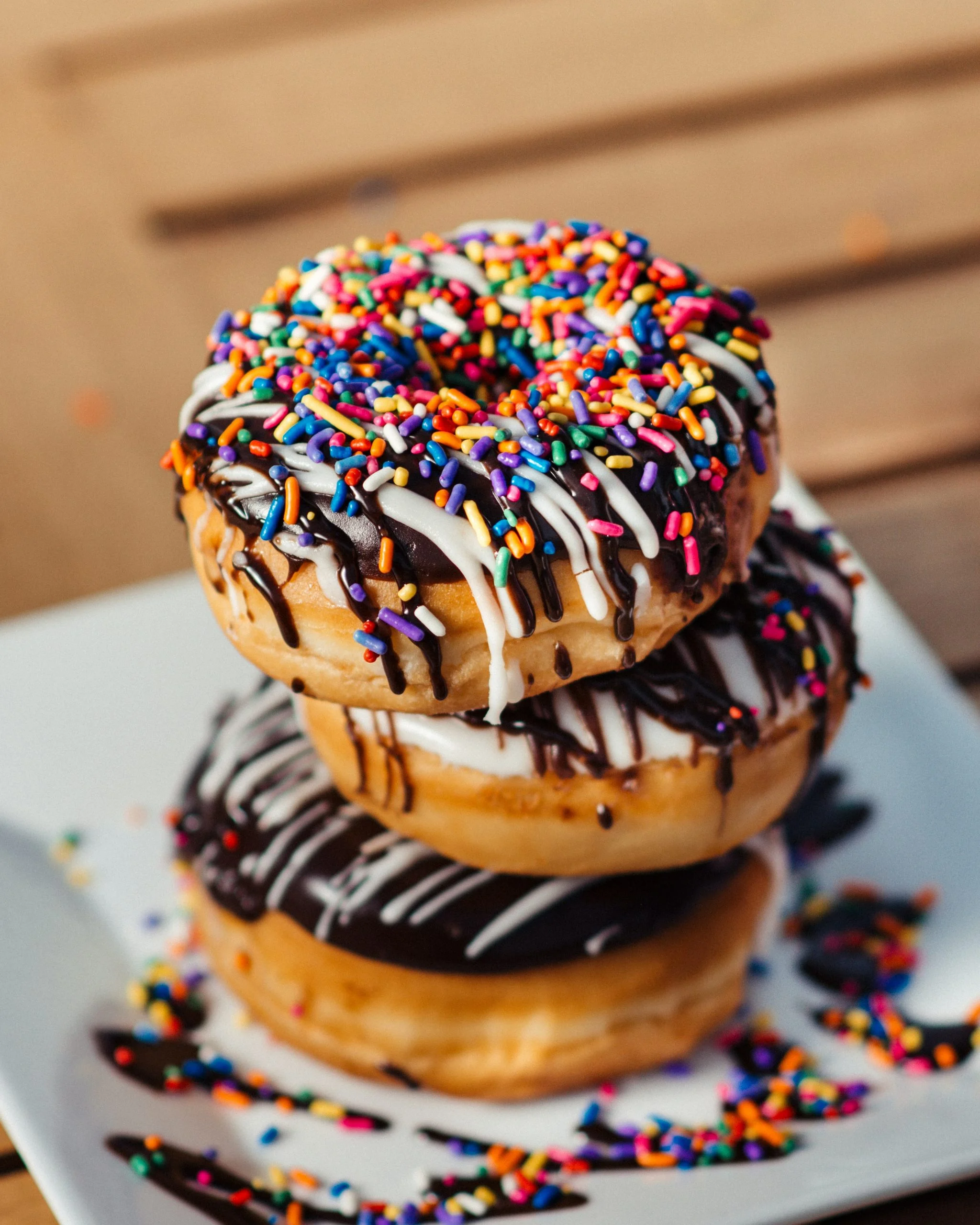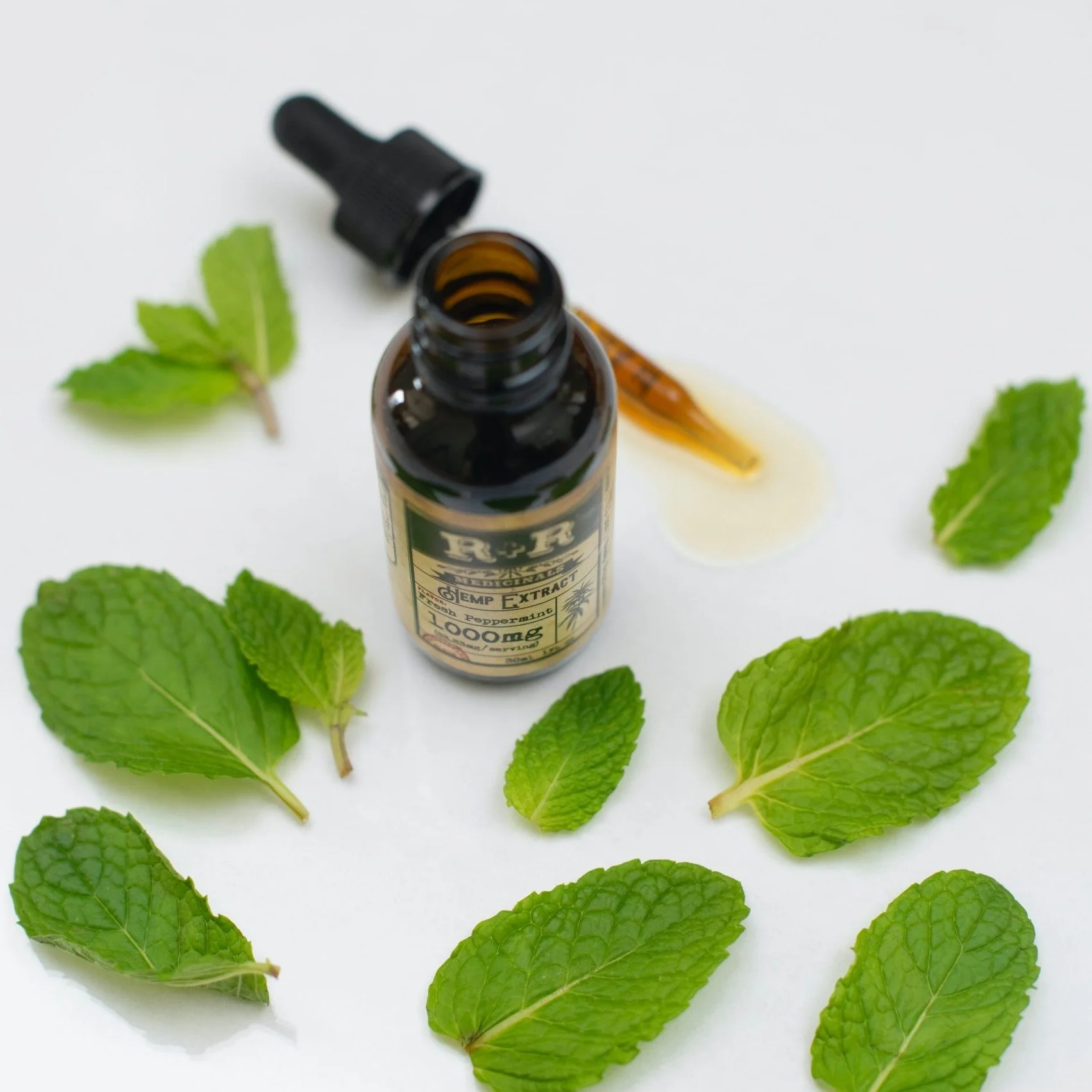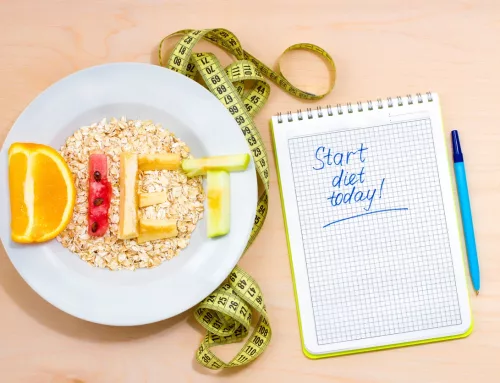What if I told you diets do not work and dieting is actually the biggest predictor for long term weight gain? What if I reassured you that your hunger and how much energy you use is actually controlled by your brain; and that there is life beyond dieting..
Society and diet culture make us believe that if we try hard enough we can be anything we want and that our weight is entirely our choice, a product of our efforts and moral character. This can translate into our behaviour and our character traits such as gluttony, laziness, lack of willpower or moral weakness are to blame for our weight issues. Given evidence shows 90-95% of people who lose weight through dieting regain this after 2-5 years; why are still blaming ourselves? Surely we can’t all be greedy people with no self-control? What if your moral character or willpower was never the issue in the first place and diets were the problem? Could you show yourself some compassion if you realised your weight history is not down to your characteristics or personality traits but due to evolution, biology, and your body’s determination to keep you alive?
The reality is that the vast majority of people are unable to lose weight not because they lack self-control but because the human body has evolved to cope with starvation and resist weight loss for survival! Our ancestors needed to be able to cope with food scarcity by conserving energy, and then gain weight when food was available to cope with the next food shortage.
Evidence has shown us that when we lose weight our body sees this as “starvation” and will lower the resting metabolic rate to conserve energy for vital functions such as heart beating, breathing and digestion of food, etc. The body stops directing energy to less important functions so you might notice the following changes when dieting:
• Reduction in sex drive
• Menstruation cycle can stop or become irregular
• Hair loss
• Increased sensation of feeling cold all the time
• Increased lethargy/low energy levels
Averting energy to vital functions is one example of how your body tries to cope with inadequate energy. Additionally, when food intake is restricted and energy expenditure increases (through exercise) our body starts to break down its stores of energy including fat and muscle. Loss of muscle mass further leads to our metabolism slowing down. Can you recall The Biggest Loser, an American TV show that followed a group of people who were classed as “morbidly obese” (BMI over 40) for 30 weeks? During this time the participants followed a 1200-calorie diet and exercised 6 out of 7 days.. Fast forward 6 years and most participants had regained 70% of the weight lost AND were burning 700 calories less per day when at rest (despite weight regain)! So they now needed to consume fewer calories just to maintain their current weight and if they wanted to lose weight again they would need to reduce their intake even more to achieve similar weight loss results? Sound familiar?
Have you found with every subsequent diet you have needed to reduce your calorie intake further to achieve similar weight loss results?
Why does our body work so hard to prevent weight loss? Let’s look at our genes.. We can all appreciate that we have a genetically predetermined height (and no one is trying to shrink their height!), similarly, it is thought we have a predetermined weight range, termed the Set Point range.. This set point theory states our body has a preset weight range hardwired into our DNA; and whilst the environment can influence this i.e. undernutrition in childhood, our genetics largely influence our weight. So when we diet and lose weight, our body’s starvation defence mode kicks in and it tries its hardest to get the weight back to what it considers a “normal safe weight” i.e. our set point range”. Evolution has ensured that our set point weight can go up but rarely can it go down. Remember when your mum told you life isn’t fair? This is most probably what she was talking about..
Trying to work against evolution and biology seems crazy, doesn’t it?
And let’s be truthful diets aren’t fun!
All diets have an element of deprivation, with a list of “no-go” foods to avoid or food rules that we must adhere to if we want to be successful and this makes for a boring day at the office!
So when we start to limit foods, restrict energy intake, and do not nourish our body its survival mechanisms come out in full force again and produce hormones to drive you to eat, producing more of the hunger hormone, grehlin and less of leptin (the hormone that regulates fat storage). Throw another hormone in the mix, Cortisol (stress hormone) and the result is increased appetite and cravings and often cravings for energy-dense foods to help us “fight or flight”. Think back to those tough days when all you could think about was food, how consuming and hard work it could feel..

OTHER TIPS TO BEAT BLOATING:
- Peppermint has been shown to alleviate global IBS symptoms including stomach pain and bloating by relaxing the muscles in the bowel wall. You can purchase over-the-counter peppermint oil capsules or on prescription from your GP
- Probiotics can help to reduce bloating, although there are not effective for everyone and can take some experimenting. Our gut contains over a trillion bacteria all involved in our digestion and mood and sometimes our gut bacteria can be disrupted by antibiotics or infections. Probiotics are food supplements that try to bring more healthy bacteria into the gut and reduce the less friendly bacteria that produce gas and wind. Talk to a gut health dietitian about which probiotic strains may be beneficial!

How can I help you?
I would love to work with you and arm you with the latest evidence-based dietary advice to help identify your food triggers, encourage a varied diet rather than exclusion of food groups and improve your gut health quality of life. If appropriate I can educate and support you through a low fodmap diet or advise on next steps if all dietary strategies prove unsuccessful. If you want to learn more then click here victoriadeprez.co.uk/contact and get in touch.






